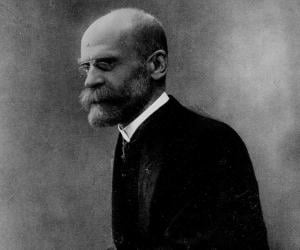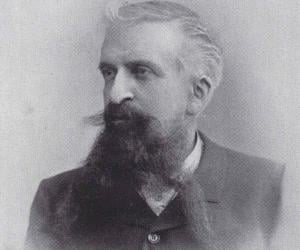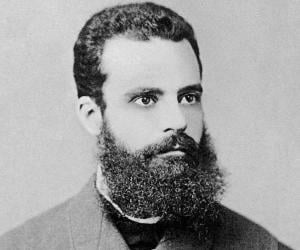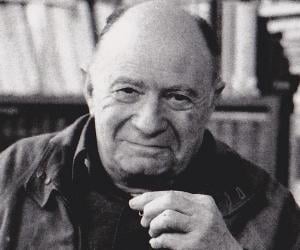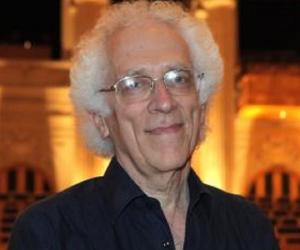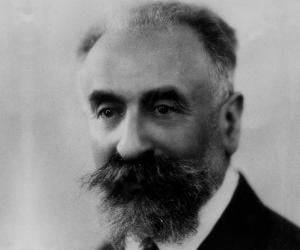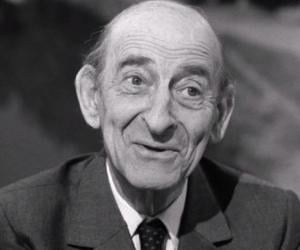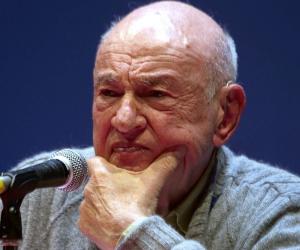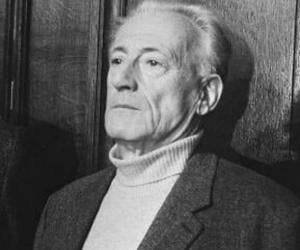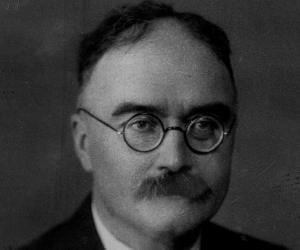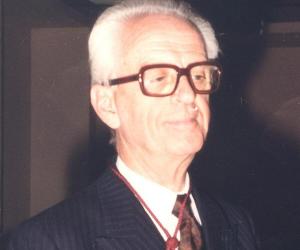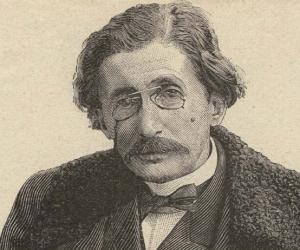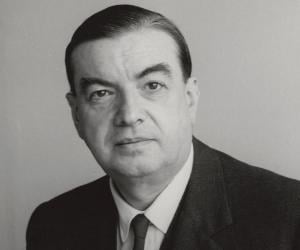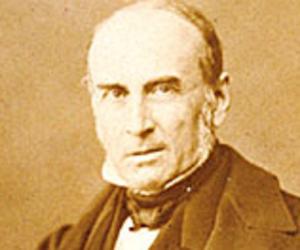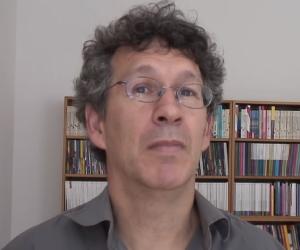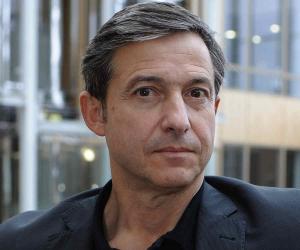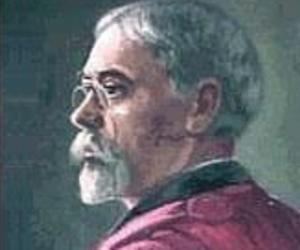1
Emile Durkheim
(French Sociologist Who Established the 'Academic Discipline of Sociology')
Birthdate: April 15, 1858
Sun Sign: Aries
Birthplace: Épinal, France
Died: November 15, 1917
Émile Durkheim, a French sociologist, is credited with establishing the academic discipline of sociology and is considered one of the key figures in modern social science, alongside Karl Marx and Max Weber. He focused on how societies can maintain coherence in the face of changing social structures, using scientific methods like statistics and historical observation to study phenomena such as suicide rates in different religious groups. Durkheim's work laid the foundation for modern sociology, emphasizing the study of institutions and structural social facts through a holistic perspective.
